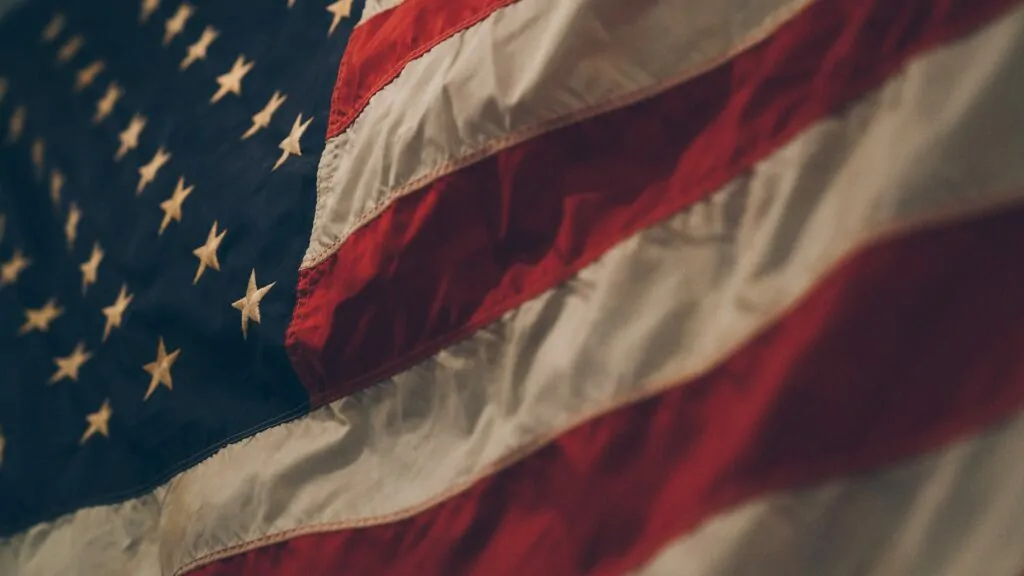It appears that US Prosecutors have yet again increased the pressure on Prince Andrew to engage with their ongoing inquiry into the actions of the sex offender Jeffrey Epstein. Various news outlets have today reported that the US Department of Justice has filed a Mutual Legal Assistance (MLA) letter of request to the Home Office in order to obtain Prince Andrew’s cooperation with their investigations.
Mutual Legal Assistance is a method of cooperation between different countries for obtaining assistance in the investigation or prosecution of criminal offences. MLA between the UK and the US is governed by the Mutual Legal Assistance Treaty between the United States of America and the United Kingdom of Great Britain and Northern Ireland (MLA Treaty)
The MLA treaty covers any proceedings relating to criminal matters and includes:
any measure or step taken in connection with the investigation or prosecution of criminal offences.
Therefore, even though Prince Andrew has not been charged with any criminal offence in the US, under the MLA treaty, UK agencies such as the police or National Crime Agency are obliged to provide assistance to US Prosecutors with their investigations.
Article 3 provides that parties to the MLA Treaty can refuse requests for mutual legal assistance where:
the Requested Party is of the opinion that the request, if granted, would impair its sovereignty, security, or other essential interests or would be contrary to important public policy;
Although a member of the senior Royal Family, unlike the Queen, Prince Andrew is not afforded sovereign immunity from criminal investigations. It remains to be seen whether Prince Andrew’s lawyers will be able to argue that his involvement in this investigation would impair the sovereignty, security or other essential interests of the UK.
Although the MLA request itself will detail the type of assistance envisaged by the US, the scope of assistance available under the MLA treaty is defined in Article 1 and it is very broad. In Prince Andrew’s case, Investigators could, for example, request that he provides a witness statement or ask that he provides documents and /or property relating to the investigation.
Although Prince Andrew cannot be compelled to cooperate, Investigators have at their disposal, the full range of powers available to domestic investigators and prosecutors to obtain evidence, including witness summons and search warrants. Therefore if Prince Andrew chooses not to cooperate with investigators at an early stage, he is opening himself and the Royal Family up to more invasive investigative practices, which could be far more embarrassing for the Royal Family.
Even if Prince Andrew was summonsed to appear before court, he could still exercise his right to silence in order to avoid self-incrimination, and refuse to answer investigator’s questions. When considering whether or not to issue a witness summons, a balancing exercise must be conducted, weighing up the need for the information that could be gained from the witness against the cost and inconvenience of a witness summons, bearing in mind the fact that a reluctant witness cannot be compelled to give evidence. In practice witness summons are therefore quite unusual, however, the political and diplomatic considerations relating to Prince Andrew make this case very much out of the ordinary. Given his comments in November last year that he is “willing to help any appropriate law enforcement agency with their investigations if required”, refusing to answer questions could cause irrevocable reputation damage.
In light of Prince Andrew’s catastrophic performance on Newsnight in November last year, defence lawyers would have to seriously consider how advisable it is for him to fully cooperate with the US Prosecutor’s investigations. Failing to cooperate could, however, potentially open the Prince up to further intrusive legal proceedings. Should Prince Andrew become the subject of the US Prosecutor’s inquiry as opposed to a potentially helpful witness, the next steps could be extradition proceedings.
There is no question that this unprecedented situation has the potential to cause untold damage to the reputation of the Prince Andrew and the Royal family itself.

